IROS2024 Workshop:
Workshop on
'The Grand Challenge of Cybernetic Avatars: Social Sustainability'
Duration and Date
Duration: Half-day
Preferred date: PM Oct 14th, 2024
Organizers
Paolo Dario (SSSA, Italy / DFL, UAE)
Khalifa AlQama (DFL, UAE)
Yukiko Horikawa (ATR, Japan)
Alberto Pirni (SSSA, Italy)
Toshie Takahashi (Waseda University, Japan)
Abstract
This workshop is a thorough investigation of the social impact and long-term ethical and social sustainability of cybernetic avatars (CAs). CAs are human enhancement and augmentation systems, which promise to free people from several constraints inside and outside their physical body – for instance, cognitive and physical disability as well as space, time, and environmental constraints. The aim of our workshop is, on the one hand, to foster appreciation of CAs great ethical promise and, on the other hand, to warn against potential risks. Our discussion will focus on the potential benefits and limitations posed by a future society with CAs, with particular reference to the Japanese Moonshot Project (https://www8.cao.go.jp/cstp/english/moonshot/sub1_en.html) and to the activities of the joint JST-Dubai Future Foundation Lab.
We will consider and analyze the ethics of CAs in the context of two fundamental stages of social perception: short term social impact and long-term ethical and social sustainability. We are interested in investigating to what degree and in what forms CAs can be received and accepted by humans, firstly, during the imminent time of transition towards a future – and tentative – society in which humans and robots coexist and, secondly, in the context of a well-established human-robot integrated society. Our discussion will consider the social promise of CAs along various philosophical and ethical dimensions such as individual autonomy and identity, mental health, personal relationships, assistive care, human-machine vulnerability, social and political welfare, and religious values. Our poster session will be especially dedicated to exploring the relationship between CAs and gender identity, with particular attention given to the female experience.
Content
- The main objectives of this workshop are threefold:
First, we aim to advance experts’ understanding of the social value of cybernetic avatars, in particular by creating a forum where established experts and research directors can interact and start a fruitful discussion with early-career scholars and young researchers from different academic backgrounds and geographical areas.
Second, we aim to share knowledge and spread awareness about the social value of cybernetic avatars among the members of the broader robotics community, most notably the conference attendees.
Third, we aim to propose new topics of discussion, raise new questions, and offer new, original solutions to potential ethical challenges which have not previously been considered and whose discussion is rarely included in the main program of standard robotics conferences: we will consider the social impact of CAs along dimensions such as individual autonomy, mental health, personal relationships, assistive care, human-machine vulnerability, social and political welfare, and religious values. - Ensuring that the content of our workshop is of the highest quality and reflects the state of the art in the discipline, as well as that all attendees can get the most out of their participation in our workshop, is of utmost priority for us. We demonstrate our commitment as follows:
- The organizers and invited speakers are established research directors or early-career experts in robotic engineering, sociology, ethics and philosophy. They are all currently invested in active research projects concerning the topics covered in the workshop, and they are all very competent in, and highly motivated to foster, a new interdisciplinary conversation regarding the social value of cybernetic avatars.
- In this workshop we intend to create a privileged space in which experts with various backgrounds and at different stages of their career can exchange ideas among themselves, certainly, but also, and perhaps more importantly, with the broader robotics community. Hence, encouraging participation and feedback from all workshop attendees is one of our priorities.
- To this effect, we have planned two Q&A sessions, which will be exclusively dedicated to the free and spontaneous exchange of ideas, both among the speakers and between the speakers and the audience. Although free and spontaneous, these Q&A sessions will be attentively guided by an assigned chair, whose main task will be to ensure that people of different ages, genders and levels of seniority all have an equal opportunity to ask their questions and present their ideas, with special priority given to individuals who represent a perceived or actual minority group.
- Our workshop expands the diversity of content at IROS 2024 in that it proposes to advance the science and engineering of cybernetic avatars while at the same time integrating it with ethical reflection, humanistic concern, and socio-political insight. Given that cybernetic avatars – and many other new robotic technologies besides – have an undeniable ethical and social potential, it is important to enhance scientists’ and engineers’ critical awareness of the values involved. We believe that this workshop will create a unique opportunity to integrate this vision into the program at IROS 2024.
Program
The Tentative Program of the Workshop is the following:
| Time | Talk | Comments | |
| 14:00 - 14:10 | 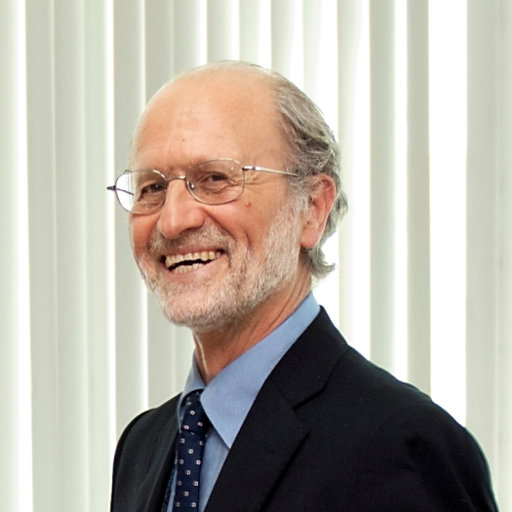 | Opening Remarks (Paolo Dario (SSSA)) | |
| 14:10 - 14:30 | 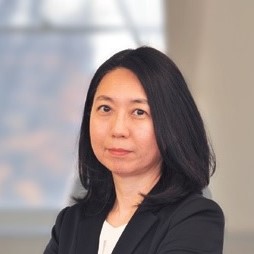 | Invited Talk 1 Yukiko Nakano (Seikei Univ.) Cultural Differences in Acceptance of CAs: Impact of Nonverbal Behaviors | |
| 14:30 - 14:50 | 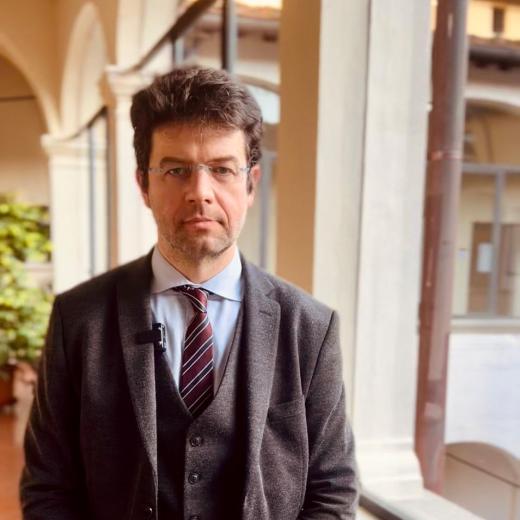 | Invited Talk 2 Alberto Pirni (SSSA) The Subject and the Mask: Ethical Implications of a Double Personal Identity | |
| 14:50 - 15:10 | 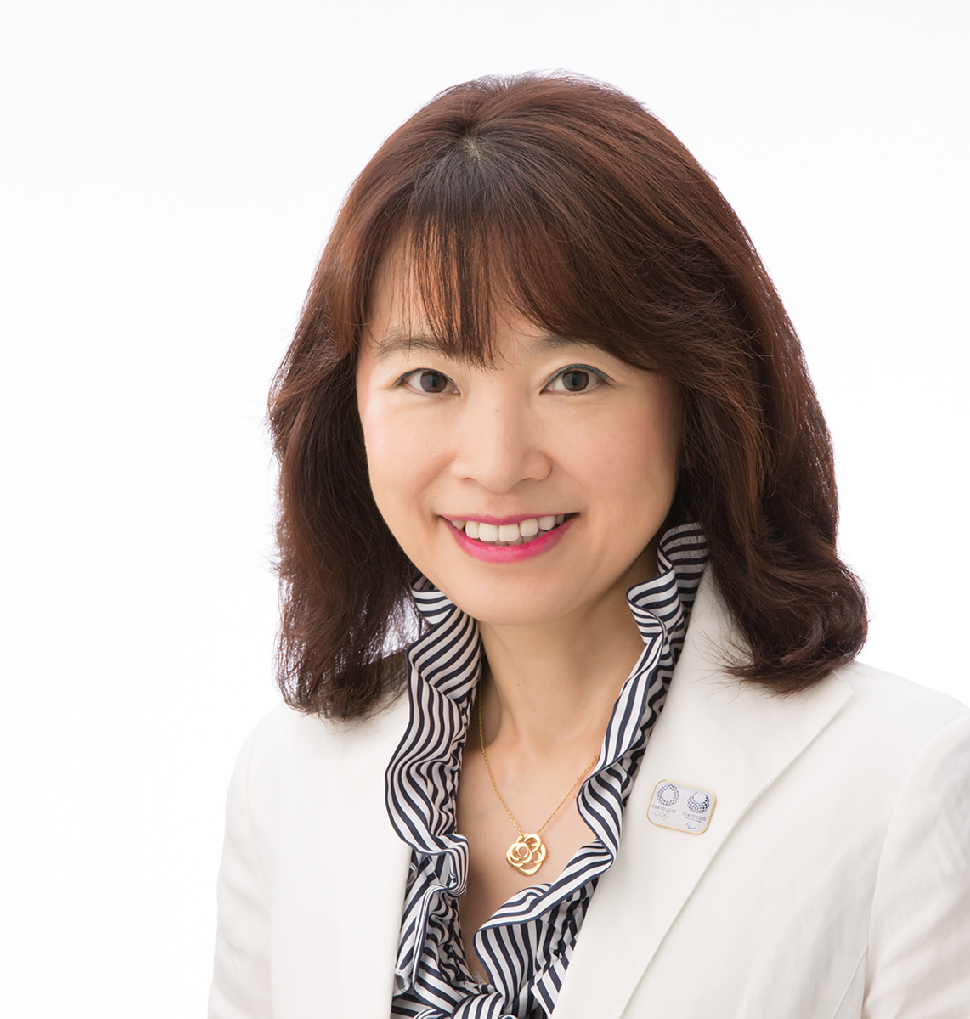 | Invited talk 3 Toshie Takahashi (Waseda Univ.) The Future of Human-AI Engagement: opportunities and challenges from cross-cultural perspectives | |
| 15:10 - 15:30 | Poster Session contributors TBD in response to Call for Posters | ||
| 15:30 - 16:00 | Coffee Break (with Posters and Networking) | ||
| 16:00 - 16:20 | 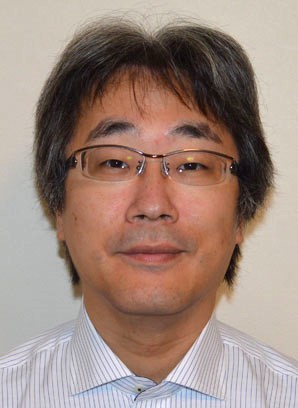 | Invited Talk 4 Takayuki Kanda (Kyoto Univ.) Moral Computing for Cybernetic Avatars | |
| 16:20 - 16:40 | 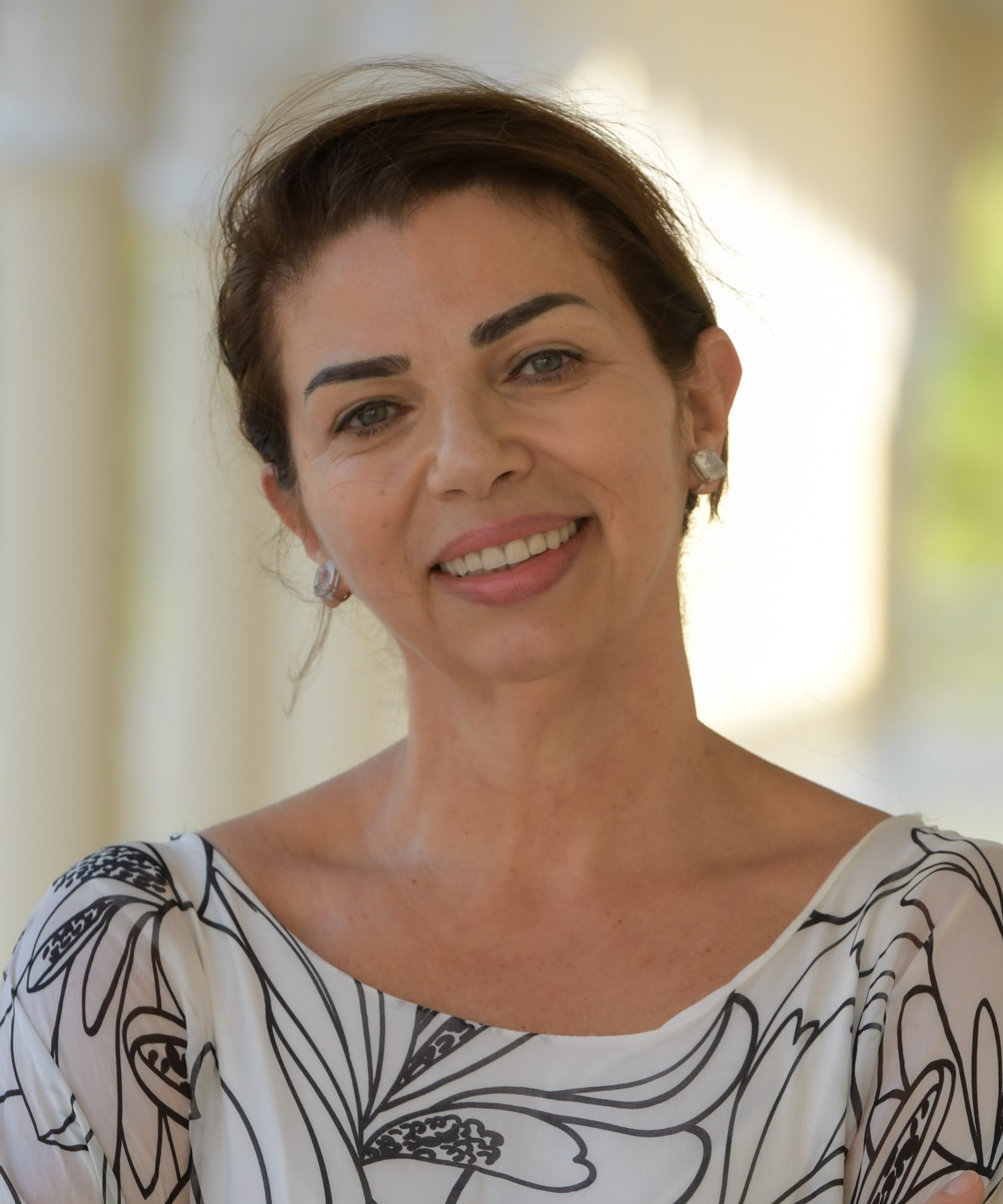 | Invited Talk 5 Mariam Al-Attar (AUS) Muslims' religious and moral concerns related to CAs | |
| 16:40 - 17:00 | 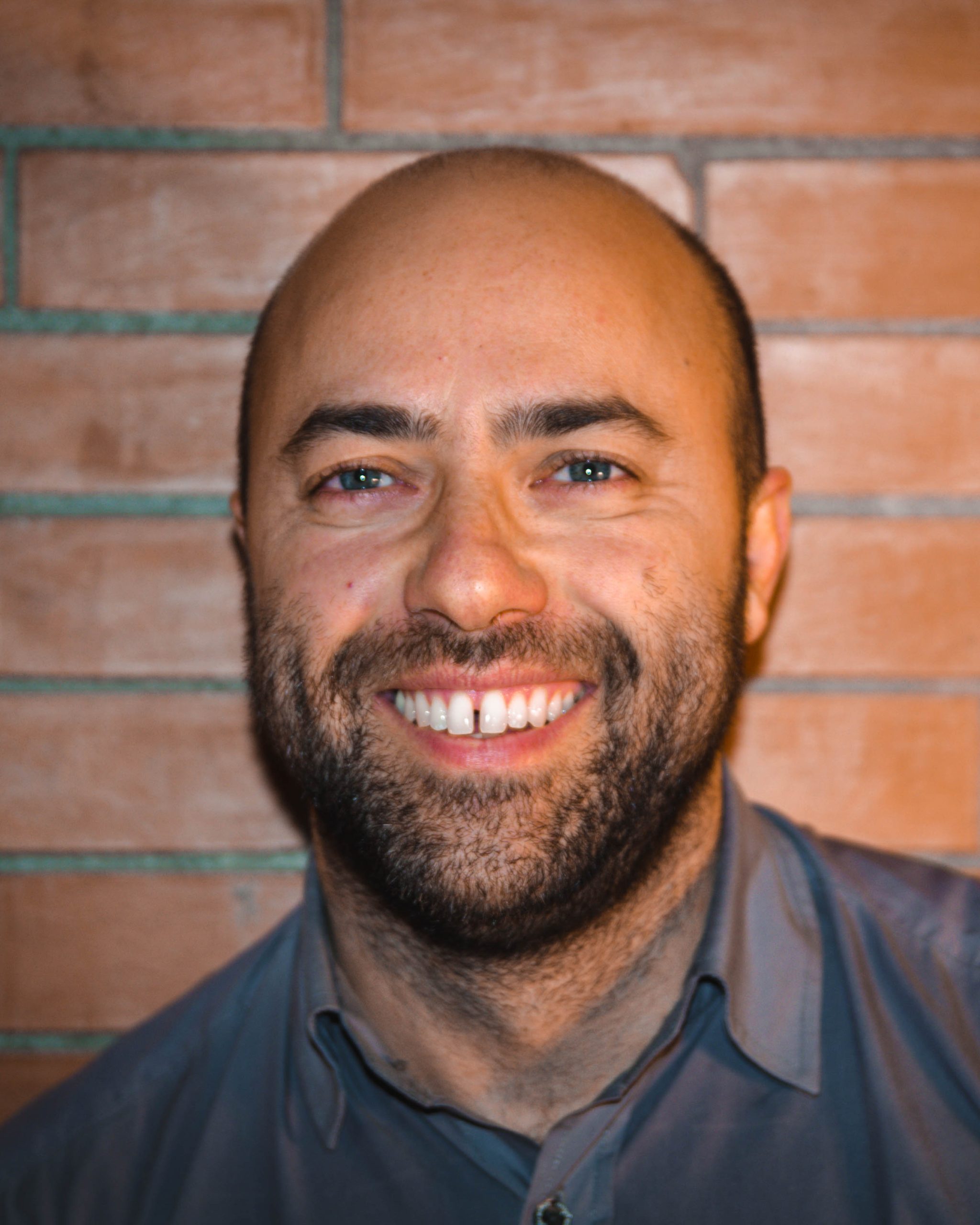 | Invited Talk 6 Filippo Cavallo (UNIFI) Companion and Assistive Robotics for Active Ageing and Well-Being: Lessons Learned from Experimental Pilots and Future Opportunities | |
| 17:00 - 17:20 |  | Invited Talk 7 Yukiko Horikawa (ATR) Osaka Jam Base: Backcasting Type Field Experiments | |
| 17:20 - 17:55 | Open Discussion Moderaters: Yukiko Horikawa (ATR) and Paolo Dalio (SSSA) Panelists: Khalifa AlQama (DFL), Alberto Pirni (SSSA) and Mariam Al-Attar (AUS) | ||
| 17:55 - 18:00 | Closing Remarks (Norihiro Hagita (ATR)) |
At IROS 2024, we aim to introduce and discuss research and development focused on a new society with cybernetic avatars. We are planning to host another workshop (Future Society’s Dream and Fact) in the morning at the same room #9 and one forum on 17th morning in conjunction. We encourage you to join all THREE events!
List of Invited Speakers and Panelists

Prof. Yukiko Nakano
Female, Japan
Professor, Seikei University
Yukiko Nakano is a Professor in the Faculty of Science and Technology at Seikei University, Japan, and leading the Intelligent User Interface Laboratory (IUI lab). She received her M.S. in Media Arts and Sciences from Massachusetts Institute of Technology, USA, and Ph.D. in Information Science and Technology from the University of Tokyo, Japan. She was a visiting scholar in the Language Technology Institute at Carnegie Mellon University in 2019. With the goal of allowing more natural human-computer interaction, she has addressed issues on modeling conversations by analyzing human verbal and nonverbal communicative behaviors, and based on the multimodal machine learning models, developing multimodal conversational interfaces. She is serving as an associate editor for ACM TOCHI and ACM TiiS. She has served as a co-chair and a senior program committee member for major international conferences targeting interaction and intelligent agents including IUI, ICMI, AAMAS, and IVA.

Prof,. Alberto Pirni
Male, Italy
Associate Professor, Sant’Anna School of Advanced Studies
Alberto Pirni is Associate Professor in Moral Philosophy at the Institute of Law, Politics and Development (the Dirpolis Institute) of the Sant’Anna School of Advanced Studies in Pisa, Italy. At the SSSA he is the Coordinator of the Research Area in “Ethics and Global Challenges” (https://www.santannapisa.it/en/institute/dirpolis/ethics-and-global-challenges) and member of the scientific board of the PhD program in “Human Rights and Global Politics” and “Health Science, Technology, and Management”. Moreover, he is the Coordinator of the Curriculum 4 of the National PhD School in “Sustainable Development and Climate Change” – http://www.iusspavia.it/phd-sdc and the Director of the scientific journal “Lexicon of Public Ethics”.
The main focus of his research revolves around three branches of ethical theory and applied ethics: public ethics, with specific reference to social contemporary philosophy and to institutional ethics; ethics and philosophy of technology, with specific reference to human enhancement, social robotics and robot-companionship and AI; ethics and climate justice, with specific reference to theories of climate, intergenerational, and energy justice, together with ethics and sustainability. He is the author of 5 monographs (1 national award mention), 4 collaborative volumes (1 national award), and over 220 essays in volumes and refereed national and international journals (in 6 languages).
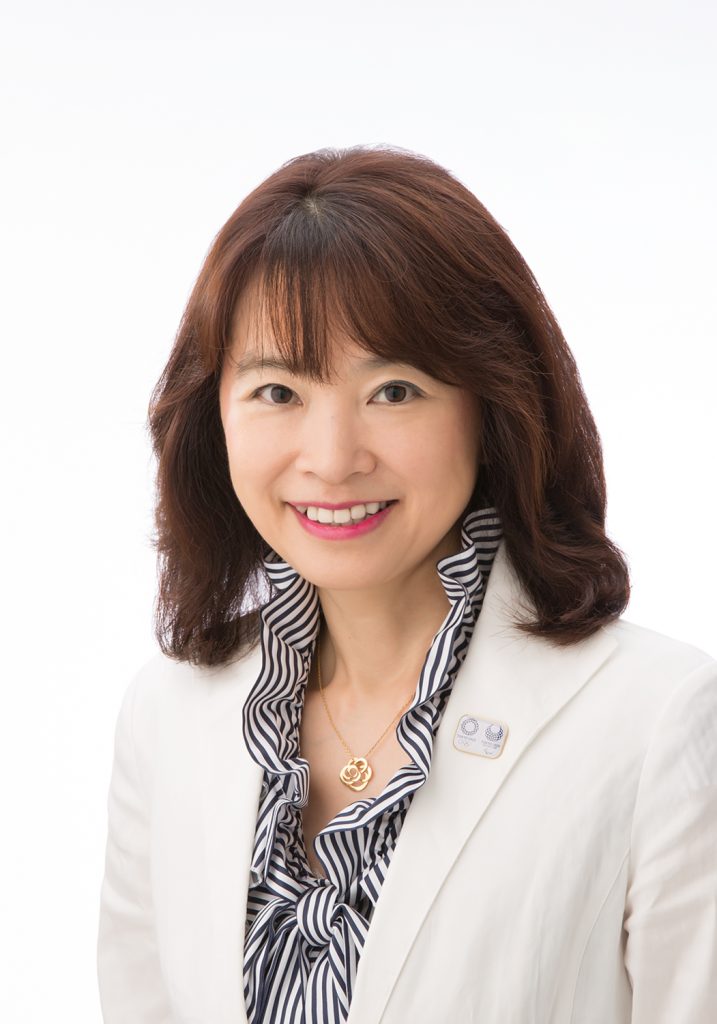
Prof. Toshie Takahashi
Female, Japan
Professor, Waseda University
Toshie Takahashi is Professor in the School of Culture, Media and Society, as well as the Institute for AI and Robotics, Waseda University, Tokyo. She has been appointed as an Associate Fellow of the CFI, the University of Cambridge. She has held visiting appointments at the University of Oxford, Harvard University and Columbia University. She conducts cross-cultural and trans-disciplinary research on the social impact of robots as well as the potential of AI for Good. She is currently leading two projects on youth and AI. The goal of both projects is to contribute towards a vision of a future where human happiness takes centre stage. The first one is “A Future with AI” project in collaboration with the United Nation. She is also involved in “Moonshot R&D projects” by leading the “Project Gen ZAI”, engaging youths now for a global AI future in collaboration with the CFI, University of Cambridge, Stanford University, University of Chile, Pompeu Fabra University, Nanjing University, the National University of Singapore and others. Finally, Takahashi sits on the advisory committee of the Information and Communication Council, Ministry of the Internal Affairs and Communications, Japan.

Prof. Takayuki Kanda
Male, Japan
Professor, Kyoto University
Takayuki Kanda is a professor in Informatics at Kyoto University, Japan. He is also a Visiting Group Leader at ATR Intelligent Robotics and Communication Laboratories, Kyoto, Japan. He received his B. Eng, M. Eng, and Ph. D. degrees in computer science from Kyoto University, Kyoto, Japan, in 1998, 2000, and 2003, respectively. He is one of the starting members of Communication Robots project at ATR. He has developed a communication robot, Robovie, and applied it in daily situations, such as peer-tutor at elementary school and a museum exhibit guide. His research interests include human-robot interaction, interactive humanoid robots, and field trials.
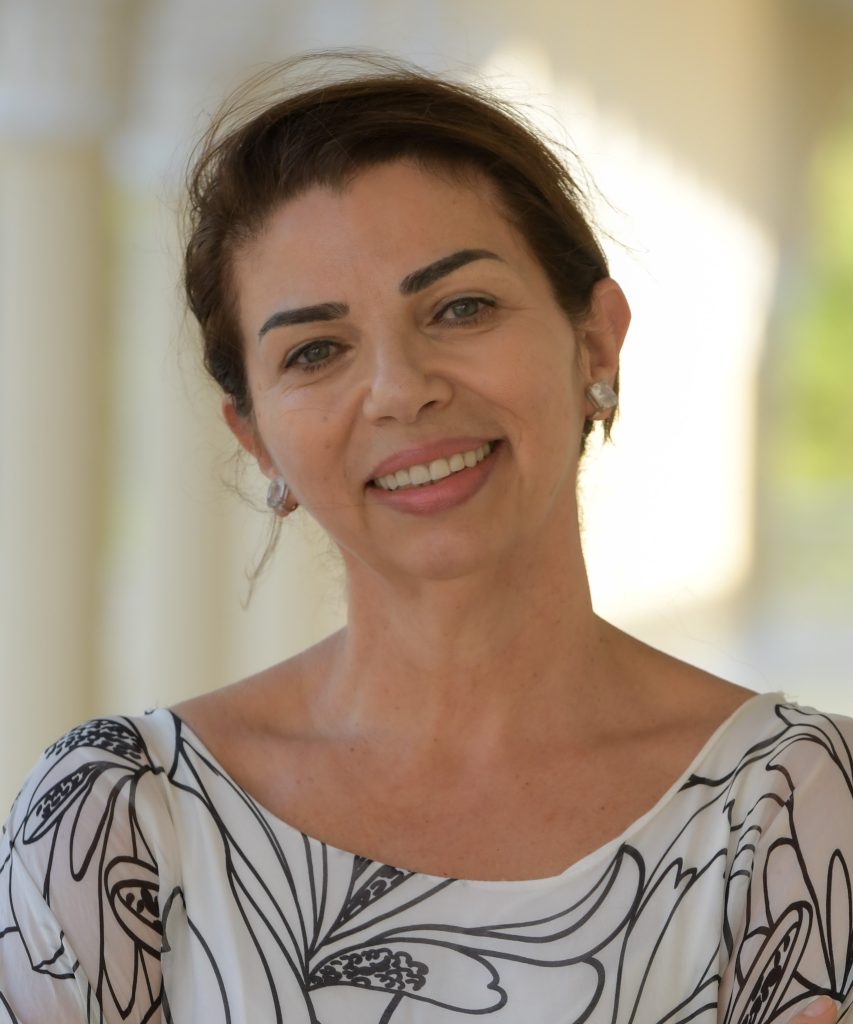
Dr. Mariam Al-Attar
Female, UAE
Lecturer, American University of Sharjah
Mariam Al-Attar holds a PhD in Islamic Ethics from the University of Leeds. She currently teaches Arabic heritage and Islamic philosophy at the American University of Sharjah. She is the author of /Islamic Ethics: Divine Command Theory in Arabo-Islamic Thought/. Her research interests include moral philosophy, /kalam, usul al-fiqh/, and contemporary Arab thought. Prior to her academic career, she was a physicist working as a clinical scientist.
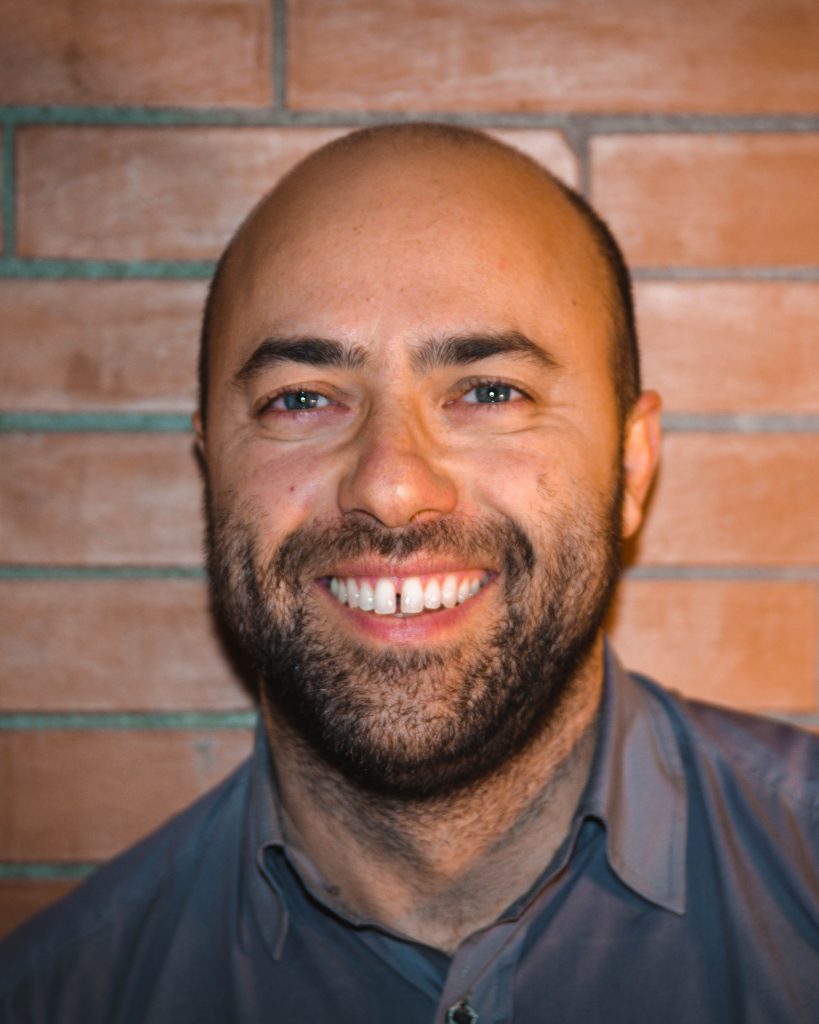
Prof. Filippo Cavallo
Male, Italy
Professor, University of Florence
Filippo Cavallo is Associate Professor in Biomedical Robotics and Biomechatronics the University of Florence, Department of Industrial Engineering, Florence, Italy. The objectives of his research activities are to promote and evaluate novel service robotics for active and healthy ageing, and to identify and validate disruptive healthcare paradigms for neurodegenerative and chronic diseases, focusing on prevention and support for physical and cognitive declines. The main scientific and technological challenges concern social robotics, human robot interaction, wearable sensors, Internet of Things and artificial intelligence for robot companion and healthcare applications. He has participated in various national and European projects and is the author of 200+ papers on conferences and ISI journals.

Ms. Yukiko Horikawa
Female, Japan
Senior Engineer, ATR Interaction Technology Bank
Yukiko Horikawa serves as a Senior Engineer at Interaction Technology Bank (ITB) of Advanced Telecommunications Research Institute International (ATR). She is also an Associate Professor in the Art and Science Department at Osaka University of Art. Additionally, she is a member of the Moonshot R&D Program Goal 1 Avatar-Symbiotic Society project (Project Manager: Prof. Hiroshi Ishiguro at Osaka University). Her research focuses on the ethical, legal, social, and economical (ELSE) challenges in robotics technology, specifically related to human-robot harmonious interaction. She manages domestic and international field experiments with Cybernetic Avatars (CA) for societal implementation. Furthermore, she contributes to the Corporate Consortium for Avatar-Symbiotic Society (C-CAS2), which is dedicated to companies involved in cybernetic avatar technologies. Beyond her engineering work, she is also an expert in personal information protection, a certified public psychologist, and a qualified career consultant.

Mr. Khalifa AlQama
Male, UAE
Director, Dubai Future Labs (DFL)
Structure of the event
The workshop will offer three types of activities: invited talks, one poster session, and one open-ended discussion. The purpose of the poster session is to encourage interaction between early-career researchers and established experts, while the purpose of the open-ended discussion is to encourage and foster exchange of ideas between experts and the rest of the robotics community as represented in the workshop attendees.
An additional goal of our poster session will be to demonstrate our commitment to gender equality, and to ensuring that young women get the representation they deserve: the main theme of the poster session with be to explore the relationship between cybernetic avatars and gender identity, from a multi-cultural perspective.
